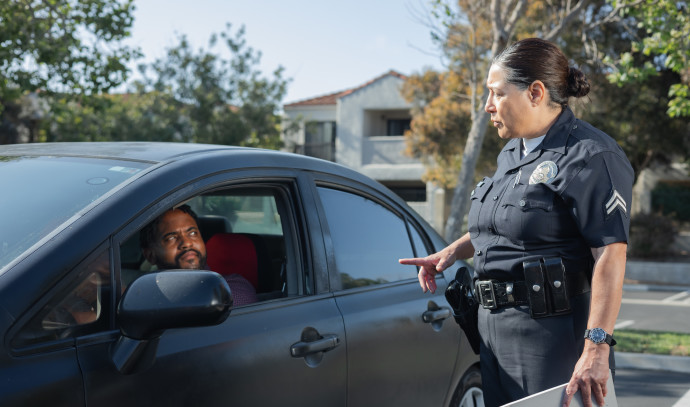Police may be able to test whether or not a person has consumed marijuana or THC products in sobriety tests on the road – but that may still be a dream for the future.
A study released by the University of California at San Diego and published in the peer-reviewed journal JAMA Psychiatry on Wednesday had evaluated just how effective field sobriety tests might be for THC-induced driving impairment, but may not have gotten there just yet.
With cannabis being legalized left and right across the United States (and some other nations too), authorities find themselves dealing with a new type of intoxication behind the wheel. Road safety continues to be an issue, especially since cannabis can impair the senses.
Cannabis can impair perception, reaction time, and coordination amongst other skills necessary to drive safely. In California, where the study was conducted, the state has seen a 62% increase in the number of car crashes due to drug-related impairment.
Measuring THC impairment comes with its challenges
Blood-alcohol concentrations (BAC) have significant differences compared to tetrahydrocannabinol (THC) blood concentrations, especially on the road. Measuring one’s sobriety from marijuana-related offenses can be far more difficult and requires law enforcement to rely more on behavior-based tests to get a gauge on just how impaired someone is.
However, each field test is largely validated based on alcohol consumption, so it is still unclear just how helpful these tests are with cannabis impairment. Researchers found that compared to other drugs, cannabis was found in the bloodstreams of many drivers involved in motor vehicle crashes, including fatal crashes.
According to Thomas Marcotte, PhD, the study’s first author and co-director of UC San Diego’s Center for Medicinal Cannabis Research,“Driving is a complex task that requires intact attention and motor skills to stay safe.”
He added, “While cannabis can be impairing, the effects vary for each individual. There is thus a public health need to confirm that evaluations of impairment are effective and unbiased, and this study is an important step towards that goal.”
Trained law enforcement officers utilized methods that tested balance and coordination along with eye movements and divided attention. Among the methods tested included the Walk and Turn, One Leg Stand, Finger to Nose, Lack of Convergence, and Modified Romberg tests. Each test was performed sometime between one to four hours after the subjects smoked.
In addition to their field sobriety tests, participants took part in a driving simulation which is believed to show correlation with the tests. Researchers concluded that field sobriety tests could be strong enough to detect people under the influence of cannabis, however, it is still unclear just how strong THC impairment may be on a driver.
In addition to the field sobriety tests, study participants undertook a driving simulation, which was found to significantly correlate with the results of selected field sobriety tests. However, officers were not privy to this information.
The researchers concluded that existing field sobriety tests may be sensitive enough to detect those under the influence of cannabis.



